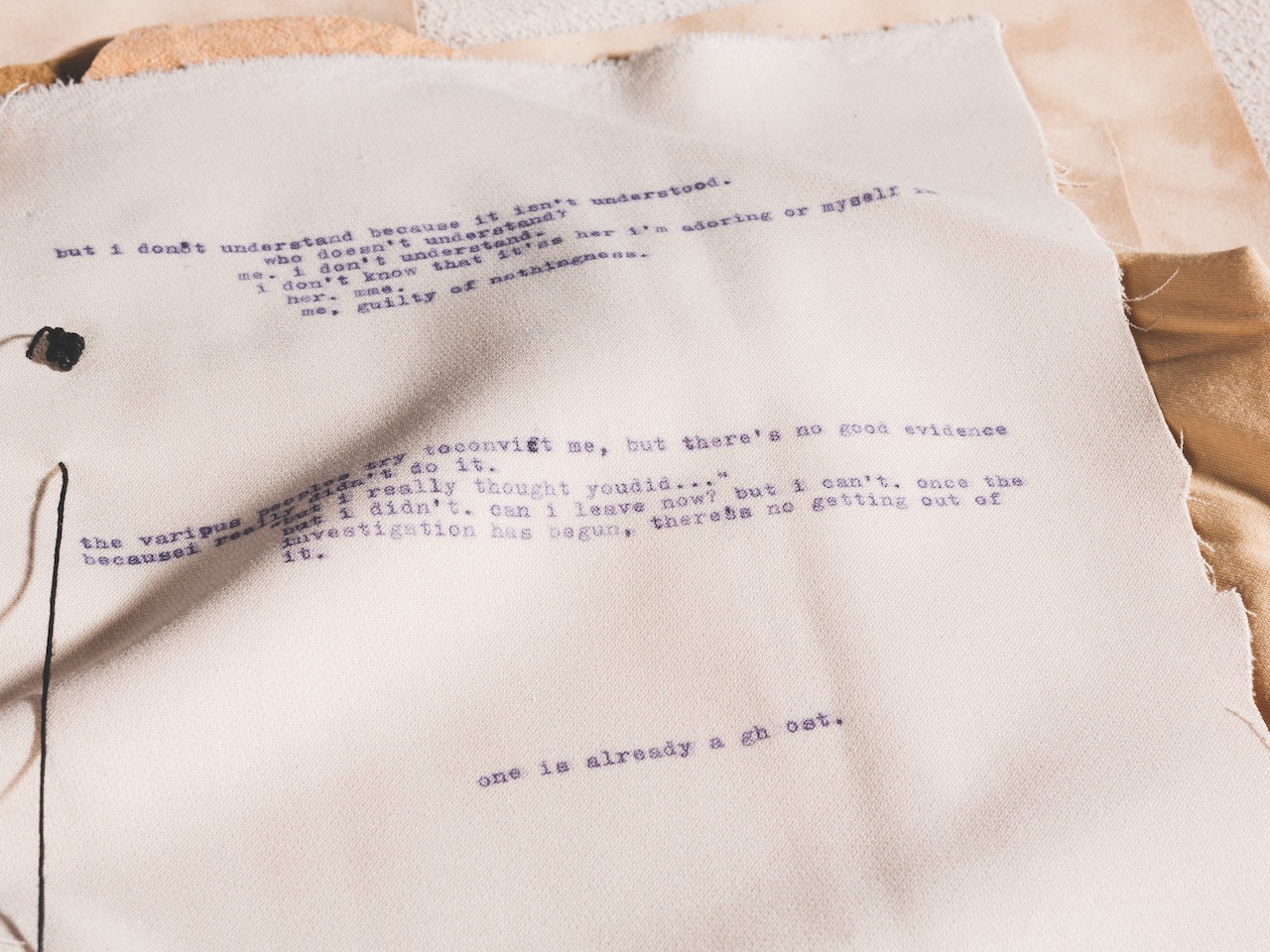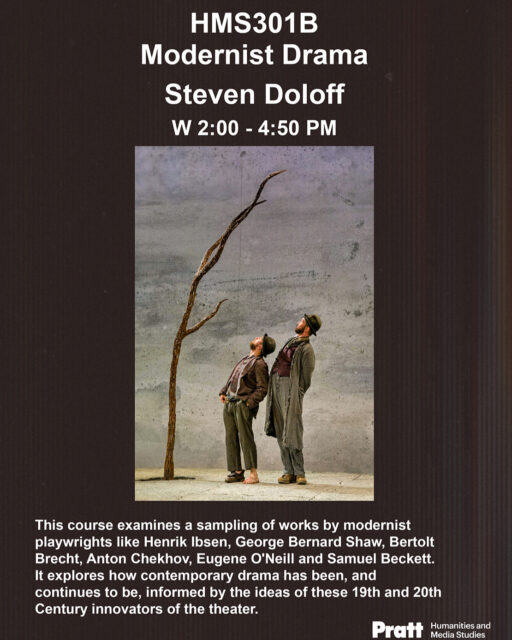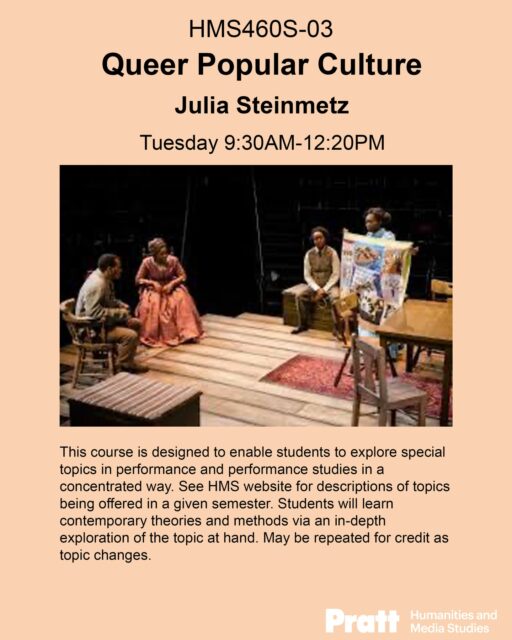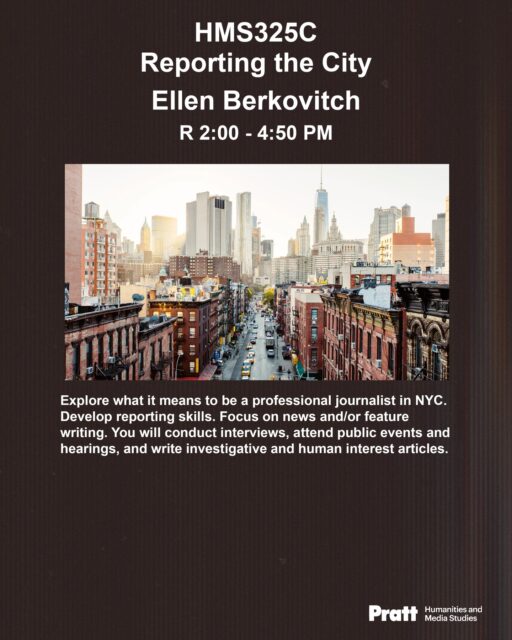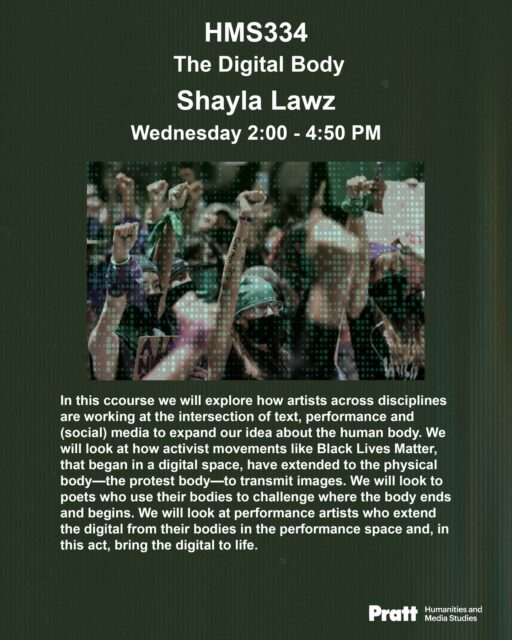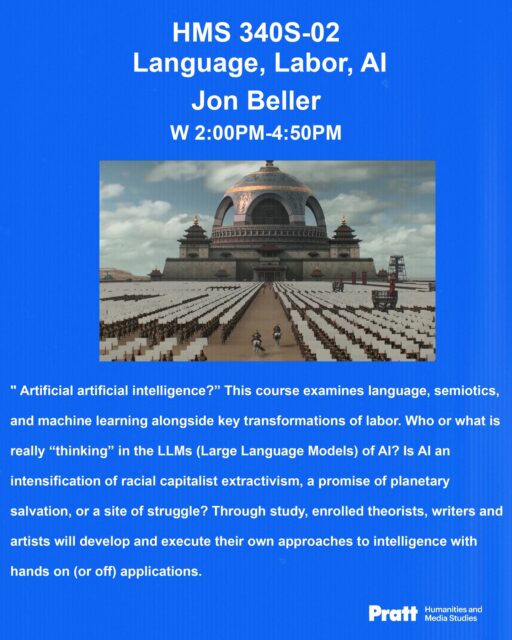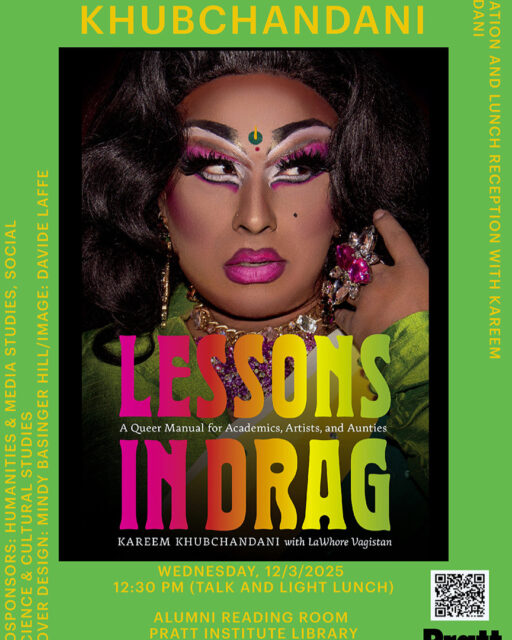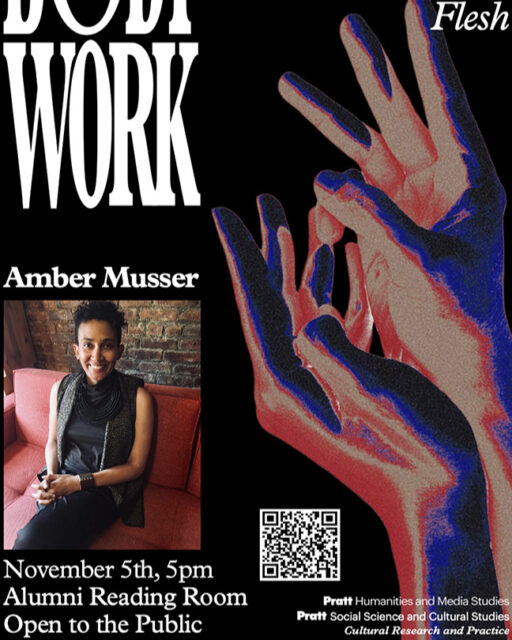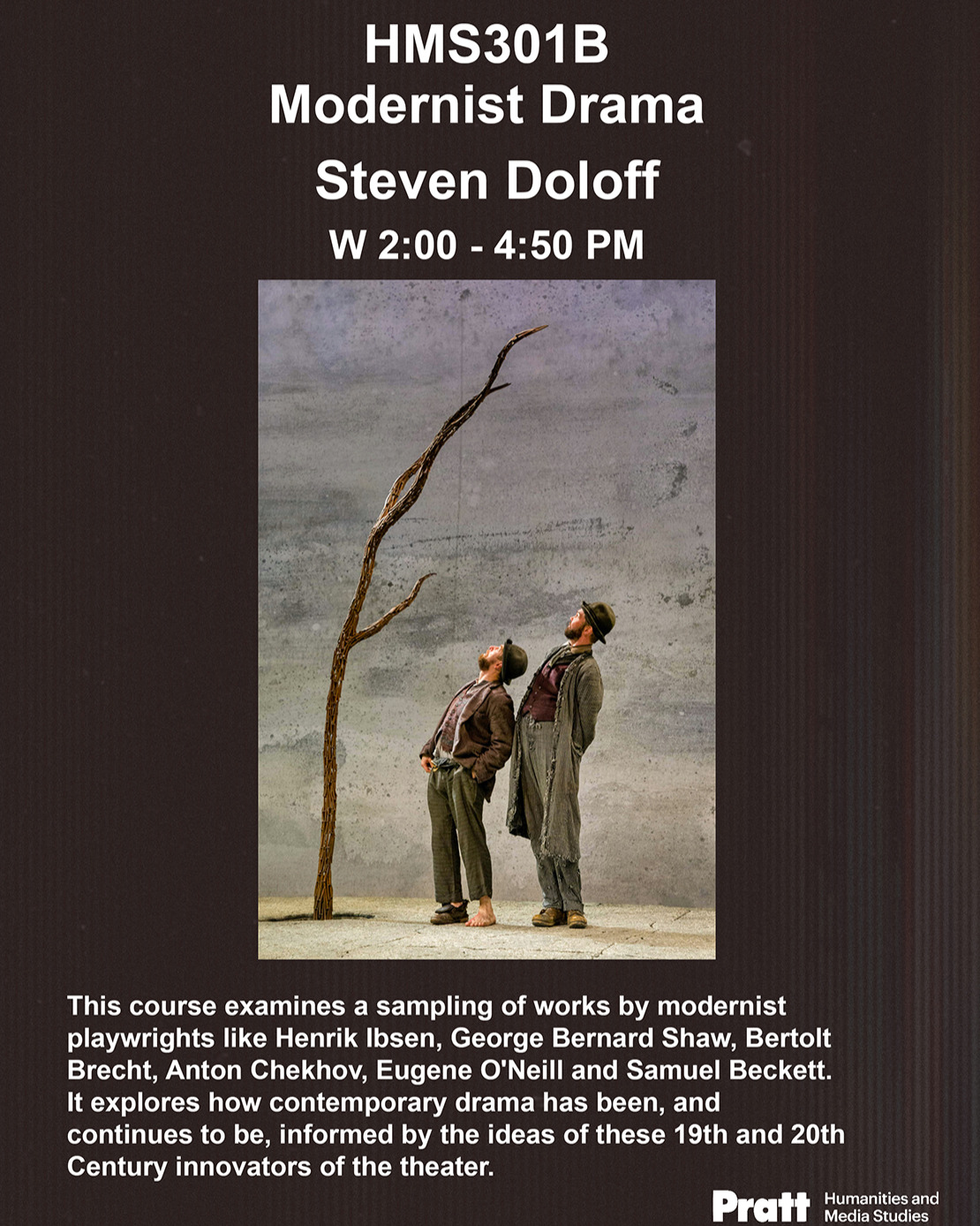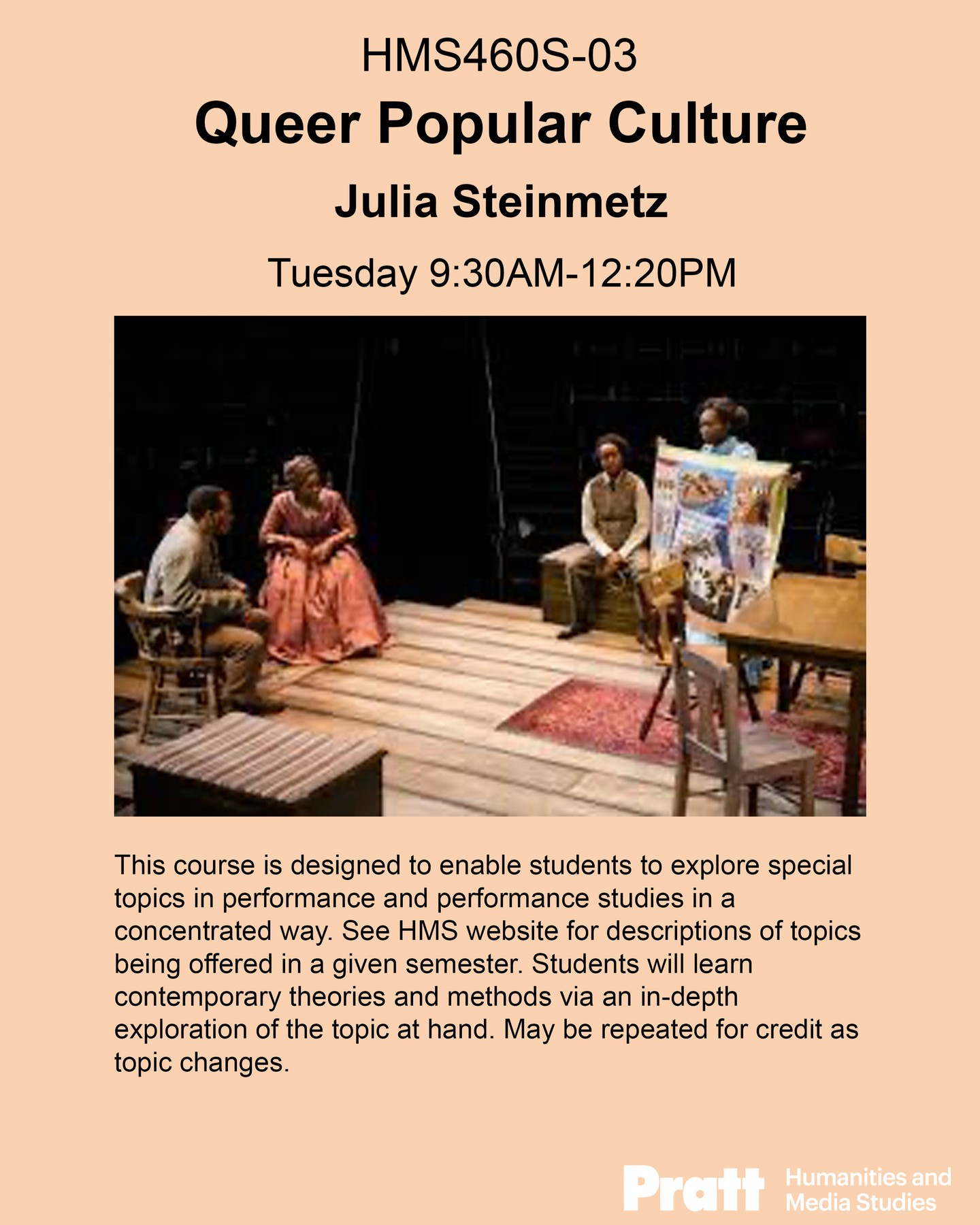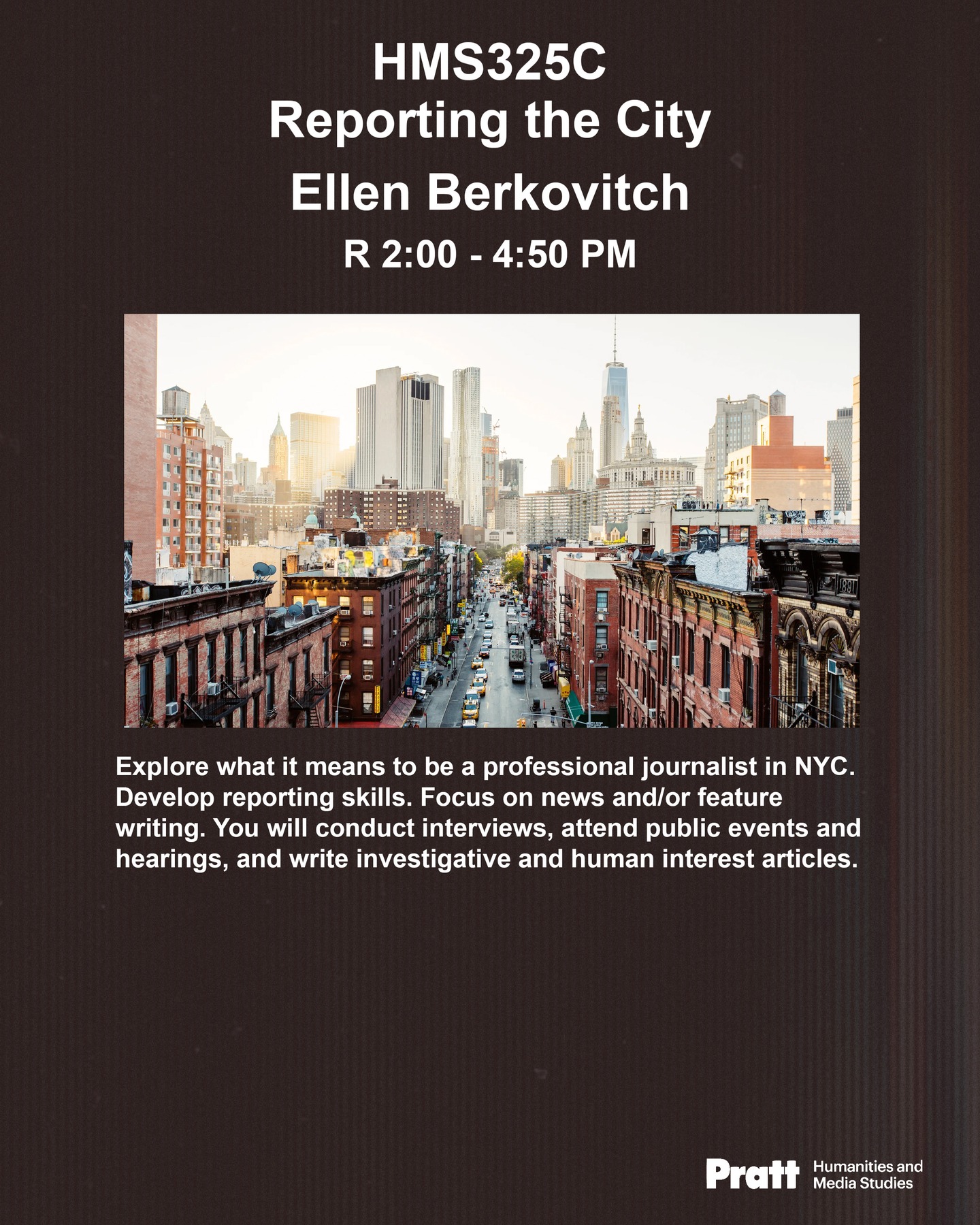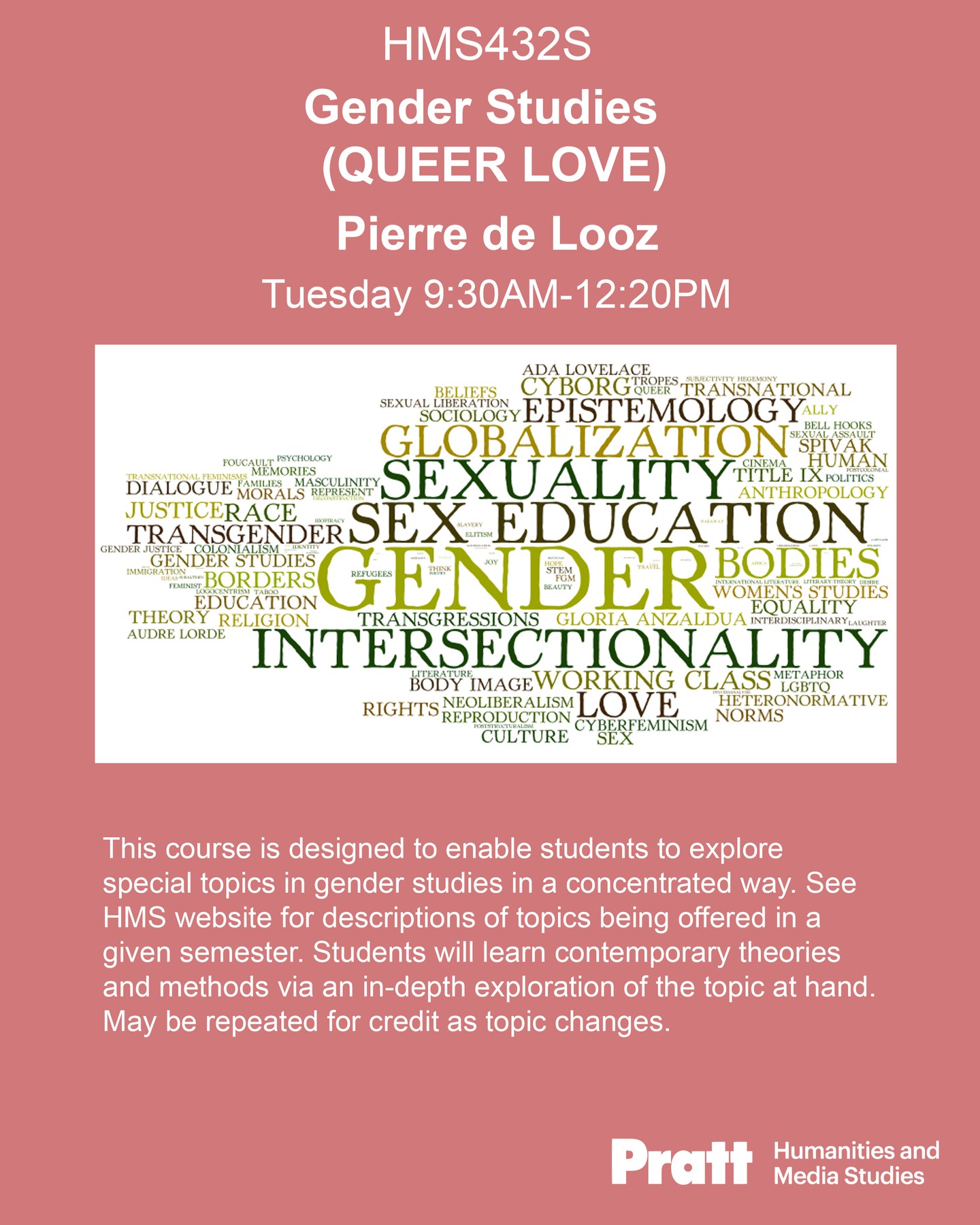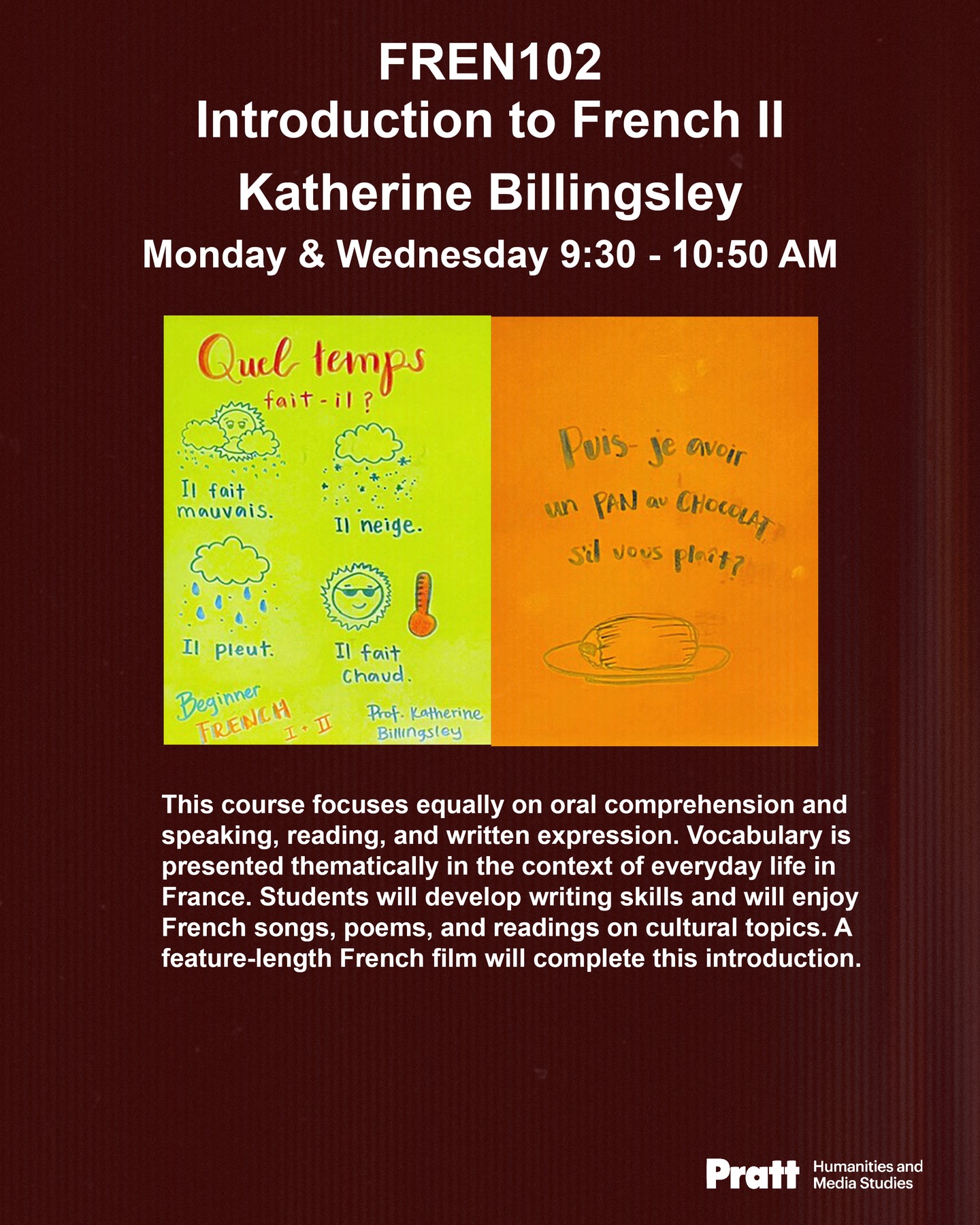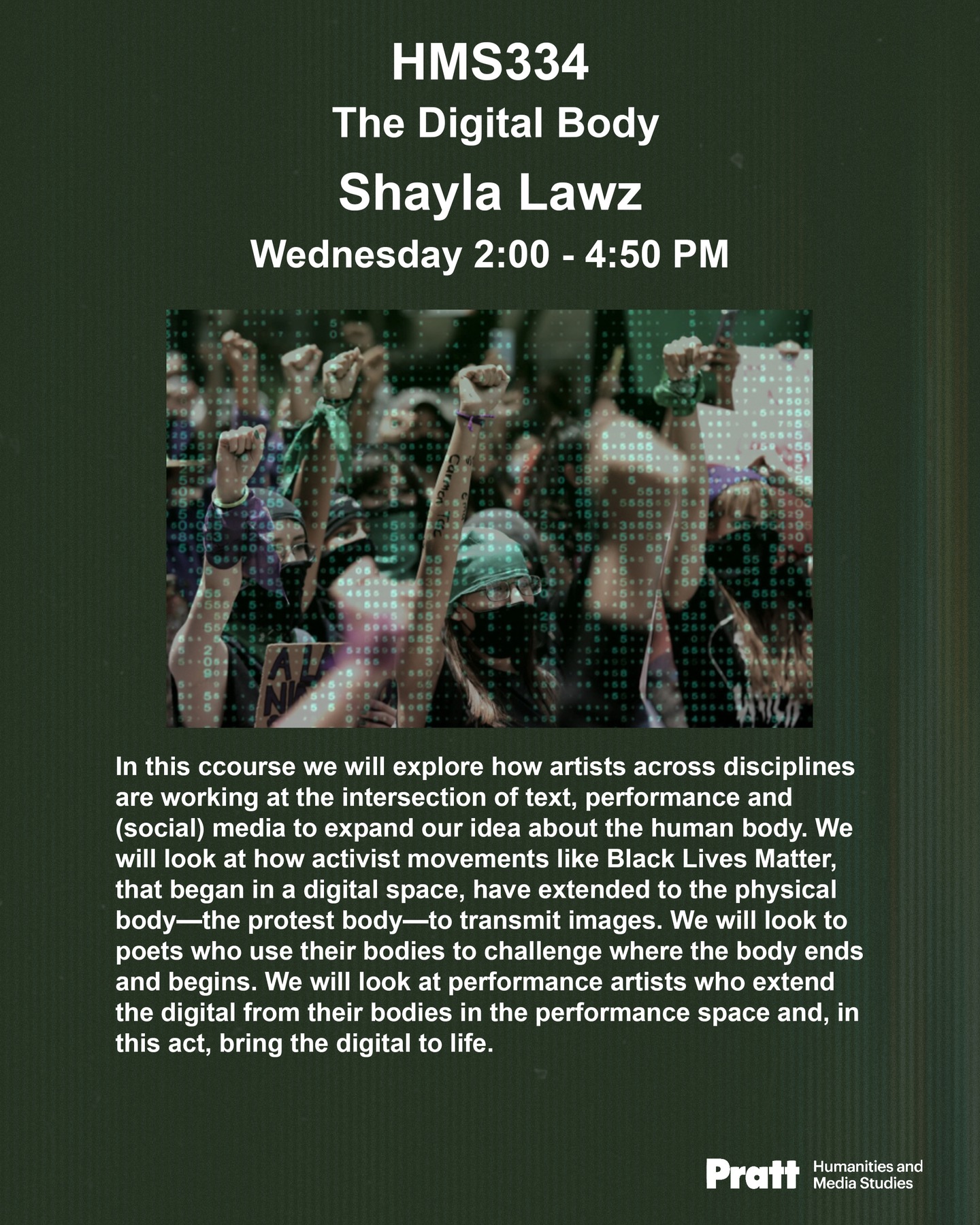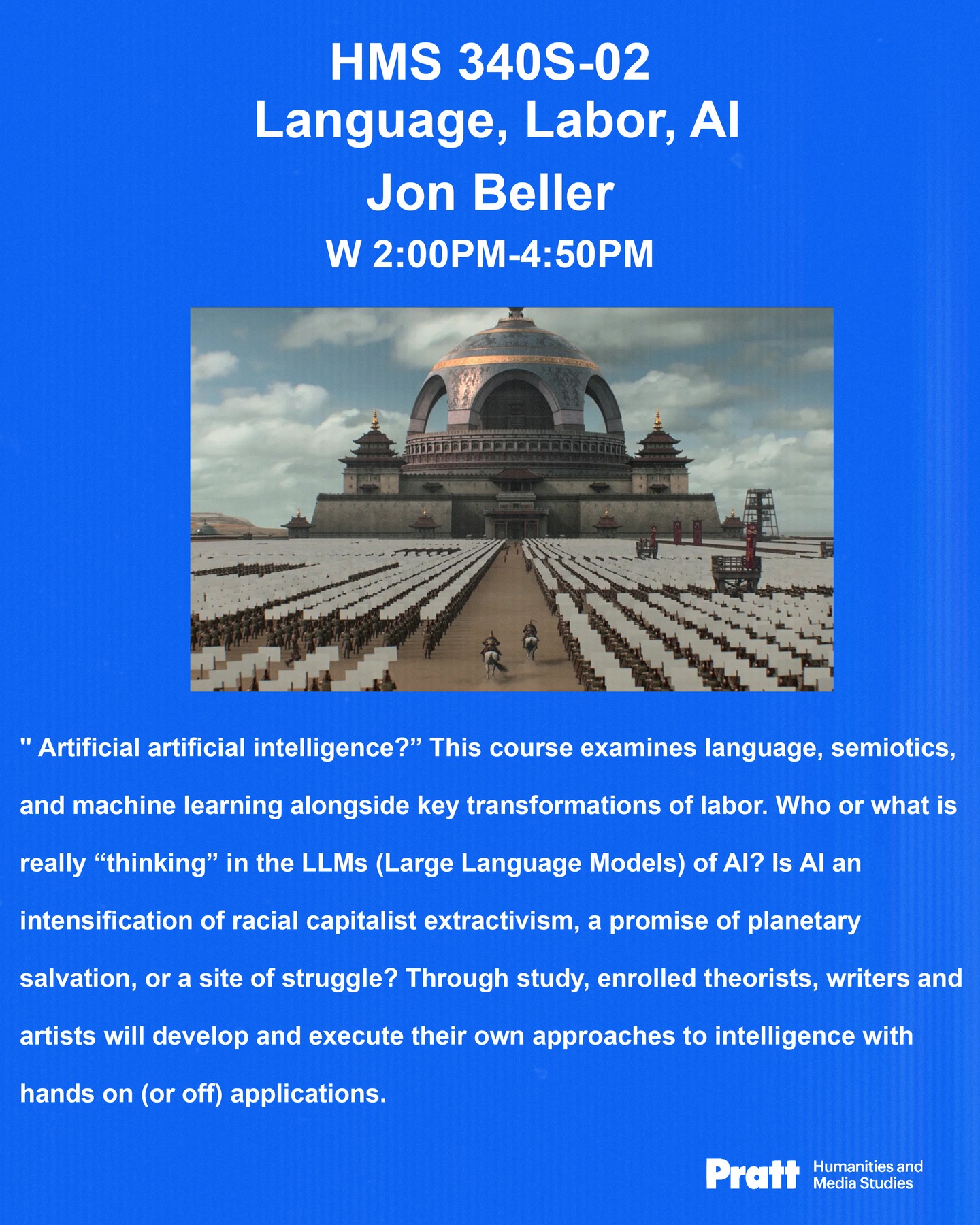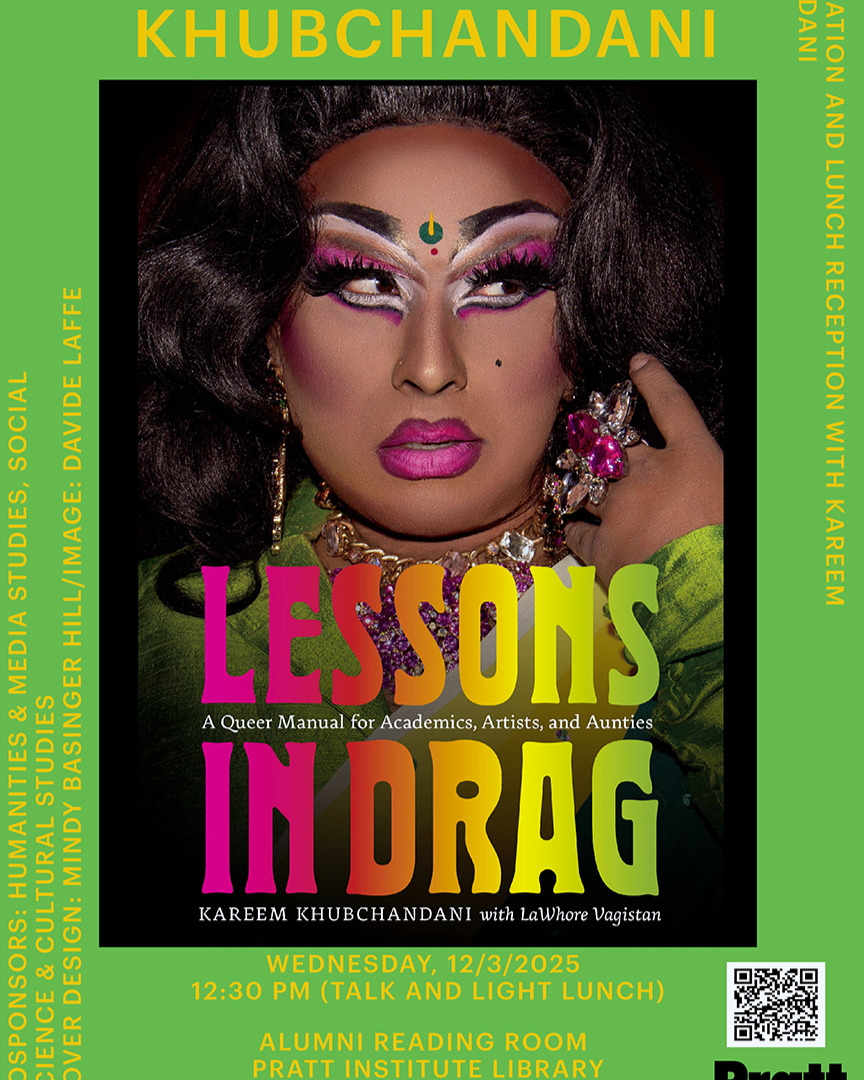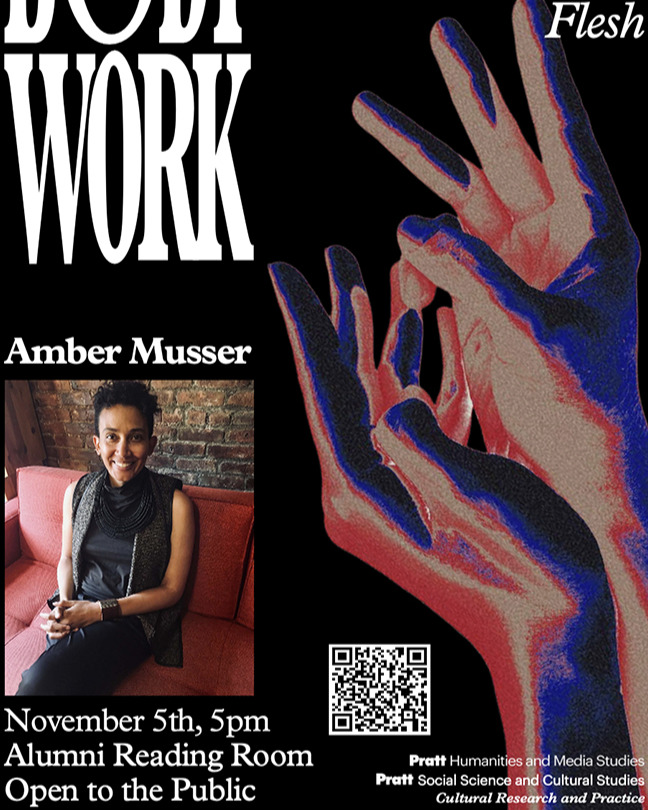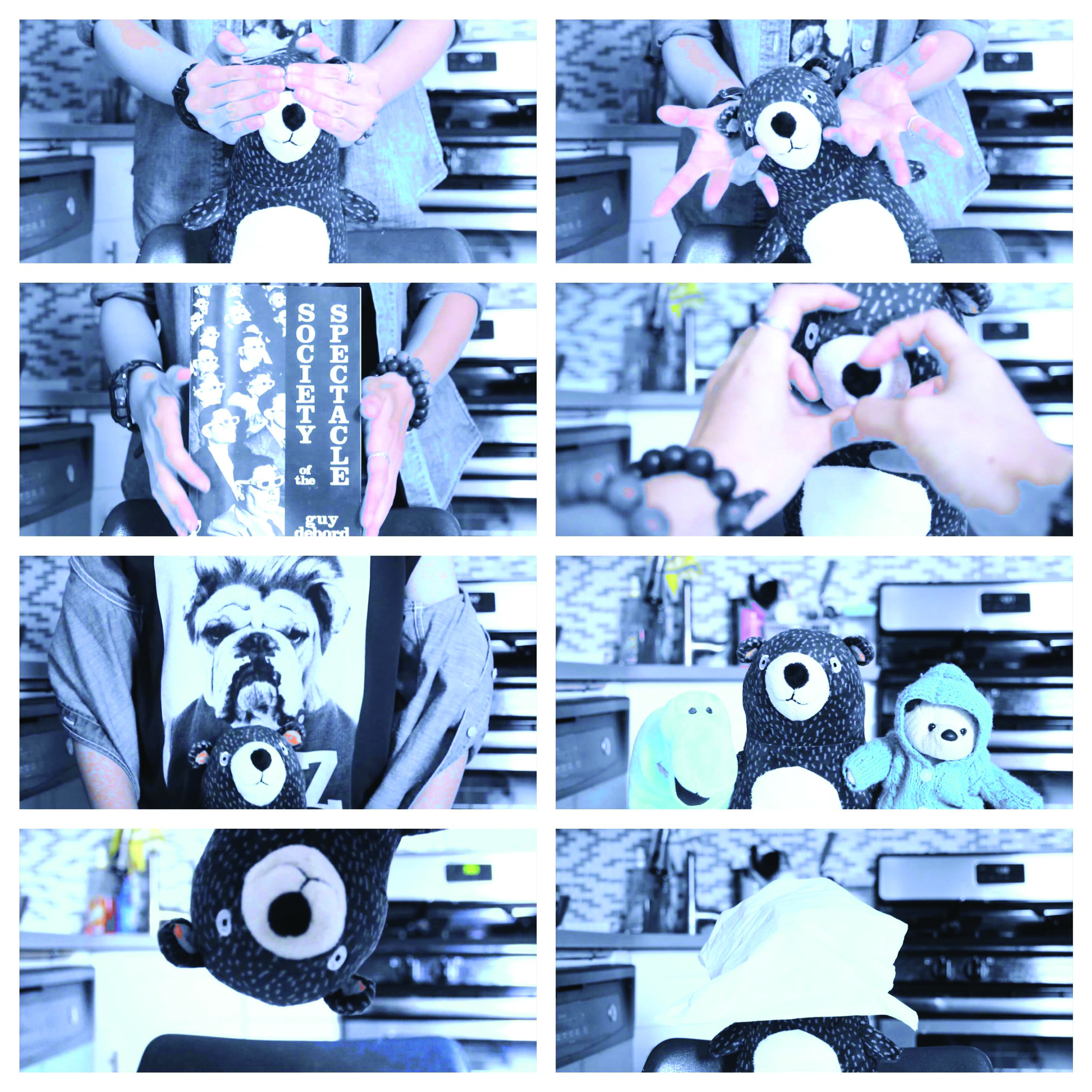Offering a broad range of courses across literature, creative writing, and literary theory/criticism, this minor gives you an opportunity to complement your major field of study with deeper knowledge and awareness.
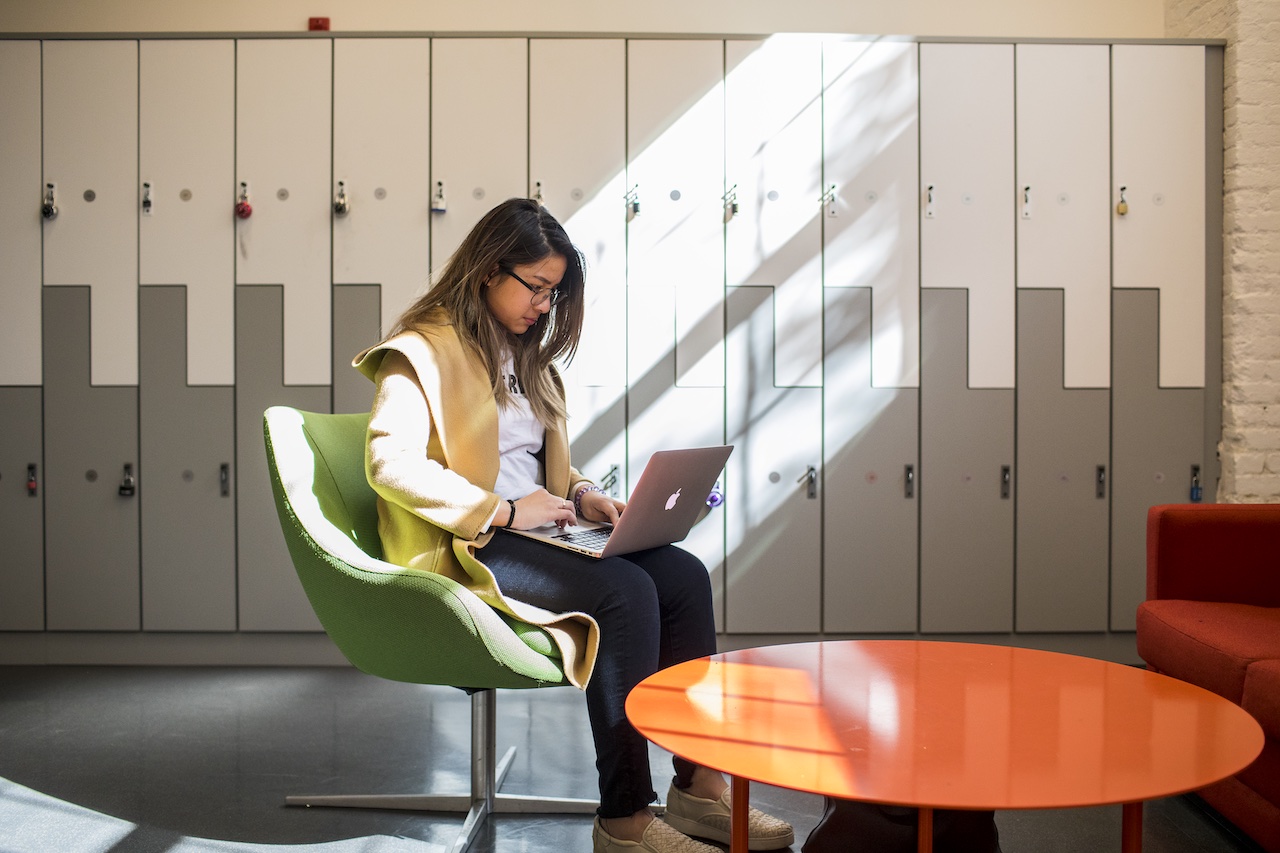
The Minor in Literature and Writing enables students of all majors to build a knowledge and skill base in both the study of literature and the practice of writing, choosing five courses (or a total of 15 credits) from a broad range that includes literature, writing, and theory/criticism courses. Writing majors who wish to enroll in the Literature and Writing Minor will simply substitute additional literature and/or criticism and theory courses for the writing component of the minor. The minor may be declared at any time; courses already taken can be counted.
Minor Coordinator
Suzanne Verderber
sverderb@pratt.edu
718.636.3431
